Forster is a novelist of ideas. While his characters are vivid and unique, they exist primarily as embodiments of ideas. If A Passage to India meditates on the possibility of true friendship between Indian and Britisher under colonial conditions, then Howards End considers the possibility of keeping the peace between Britain and Germany. Written in the shadow of the Great War, Howards End is shot through with anxiety about the great imminent conflict, and attempts a resolution via Forster’s favourite formula: “personal relations.” England, Germany, and the compromise between them are all embodied as fully individuated characters, playing out personal conflicts in turn-of-the-century Britain. Forster illuminates the unrests and upheavals of Edwardian England, and offers insights that, while tinged with his trademark mysticism, delve in their poetry deeper than prose.
Meg and Helen Schlegel are two sisters, in their 20s when the novel begins. Their German father and their British mother are dead; the sisters have grown up in Britain, but their values and sensibilities lean German. (Forster dichotomises Germany and England as, respectively, idealistic and pragmatic.) The Schlegels become entangled with an archetypal British family: the Wilcoxes, a landowning industrialist family who ride roughshod over clerks, streetcats, and any obstacles in the way of their well-intentioned, thickskinned capitalist efficiency. Caught in the storm is Leonard Bast, a young clerk who aspires to culture, but is trapped in poverty and conventional morality. Howards End, the house Mrs. Wilcox inherited, becomes both origin and destination of this spiritually informed, mystically coloured novel.
Both Meg and Helen are intellectually agile, cultured, and kindhearted. But, from the beginning, Helen is the more fanciful. At a performance of Beethoven’s fifth symphony, she hears the music as goblins insisting that life is hard and pointless, and as the master artist fighting back with hope. Besides, Helen is the prettier sister: which has left her intelligence free to become frivolous, for “Looks have their influence upon character.” Also present is their sickly younger brother Tibby, who emerges later in the novel to play key facilitatory functions in the plot.
Mrs. Wilcox is a woman in the mould of Mrs. Moore from A Passage to India: vague, spiritual, out of touch with modern ideas, but clear about what she values. Her husband is a rough-and-ready businessman who treats his numerous friends and multiple properties purely as business investments, minus attachment or rose-coloured spectacles. His children are insipid and ineffective, as great men’s children often are.
Leonard Bast is the novel’s tragic figure: who aspires to heroism, but falls flat at self-conscious farce. An insurance clerk, he avoids all vices; and, like the respectable, stodgy middle-class citizen he aspires to be, he honours his promise to marry an older, lumpen woman. Leonard spends his evenings studiously reading great books he neither understands nor enjoys. Leonard’s tragedy is that he fails to understand that culture is, as Forster remarks, not an end in itself – but only a signpost to human relations, a guide to living life honestly and joyously. Leonard’s drive for self-improvement is typical of his class and of his times: “Had he lived some centuries ago, he would have had a definite status… But in his day the angel of Democracy… obliged him to assert his gentility, lest he fall into the abyss where the sentiments of Democracy are inaudible.” Forster’s astute analysis reminds us that progress is not an unmitigated blessing: in an age where wealth is everything, everybody feels constrained to climb the social ladder, unsatisfied with where they are. Merely performing one’s duty in one’s station of life is no longer enough to purchase self-respect.
The Britain of Howards End is a land in flux. Motorcars race across the countryside, stirring up clouds of dust, and running over cats – whose owners are compensated in the new universal currency for all kinds of grievances: money. Across London, old houses like the Schlegels’ are giving way to flatblocks, which in turn will soon give way to flatblocks even taller and more cramped. London’s continual facelift prophesies the advent of a new age from which there will be no looking back:
“London was but a foretaste of this nomadic civilisation which is altering human nature so profoundly, and which throws upon personal relations a stress greater than they have ever borne before. Under cosmopolitanism, if it comes, we shall receive no help from the earth. Trees and meadows will be only a spectacle, and the binding force that they once exercised on character must be entrusted to Love alone. May Love be equal to the task!”
Howards End is a novel about two sheltered and idealistic sisters, who have lived so far mostly in their own minds, and in culture, facing, in real life, a test – and passing the test with a blend of fidelity to their ideals, and pragmatic compromise. The plot is slow-moving, and relies on several clumsy devices, as well as the intriguing spiritual mechanisms most notably illustrated by Passage’s Marabar Caves effect.
Paradoxically, the novel’s resolution of its conflicts works better on the symbolic than it does on the real interpersonal level. Forster’s conclusion seems to be: Germany and Britain must both curb their imperialistic ambitions, and compromise to reach an understanding. But, when applied to the characters with whom the novel actually deals, the compromises are wrought via a series of unlikely events, and do violence to the characters themselves. The reconciliation between Schlegels and Wilcoxes, via lessons in humility on both sides, tragically violates both parties’ psychological integrity. By the end, Meg has almost ceased reading, and even speaking; her husband is a wreck of his former self. And yet this, for Meg, is the homecoming suggested in the novel’s title. Forster suggests that a peaceful resolution of the imminent global conflict is possible: but at heavy costs to both sides’ pride and identity.
More significantly, the novel’s prescription of mending global problems – imperialism, war, class conflict, the fragmentation of human society, the impoverishment of the human soul – via “personal relations” – leaves much to be desired. Forster’s astute analysis of the multiple problems besetting his times deserves a more astute answer than “Love and understand each other.” As it is, his prescription – and the uneasy, unlikely reconciliation to which disaster reduces his characters – shows a turning away from the world to the hearth on a Dickensian scale.
Howards End is a philosophically provocative novel peopled with memorable characters. Deficiencies in the plot are forgotten; what one remembers is the insights into human nature developed in empathy, and articulated in poetic aphorisms. Howards End is a splendid introduction to one of the 20th century’s greatest and most unique writers.
Read Howards End for free here, or buy a Kindle copy here. Read in soft copy to save paper. Switching to soft-copy books has made my note-taking easier, my reading more critical, my books more accessible. Read better, save paper, save room on your overflowing bookshelves, and (in most cases) save money too. Try switching to soft copy today.

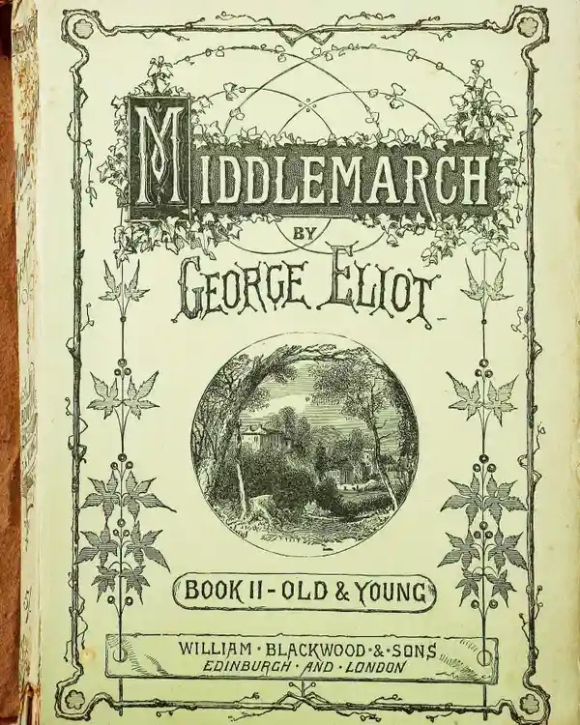

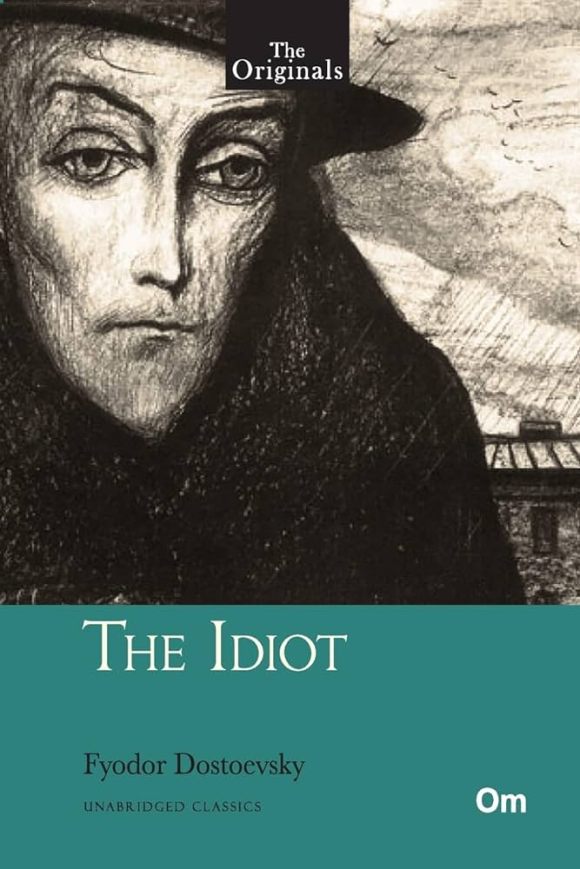
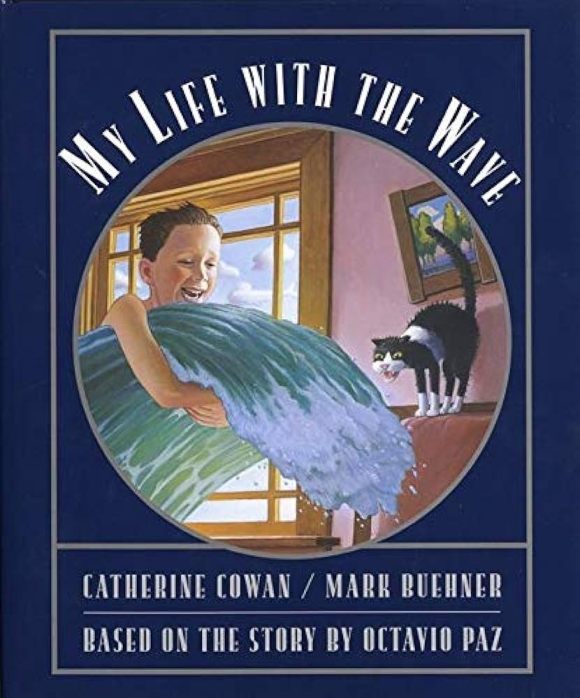
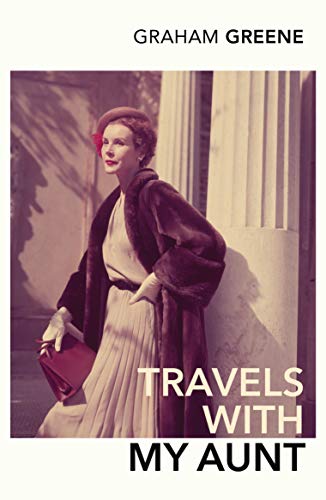
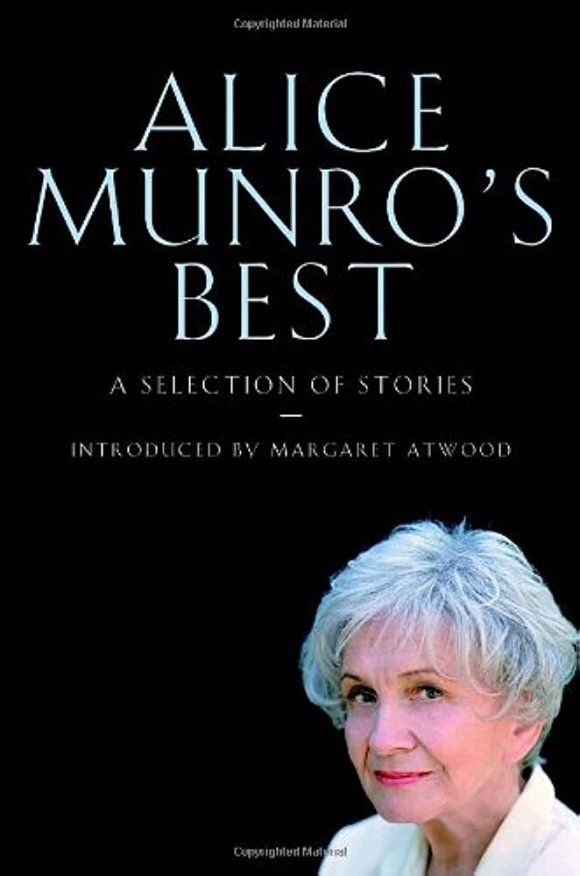



One reply on “Howards End. E. M. Forster (1910)”
[…] of the kind of mysticism and idiosyncratic psychological analysis that characterise works like Howards End and (the much later) Passage to India. But in his analysis of the pettiness of middle-class morals, […]
LikeLike